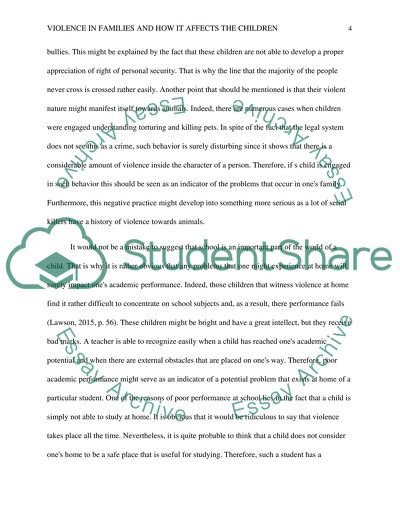Cite this document
(“Violence in families and how it effects the children Essay”, n.d.)
Violence in families and how it effects the children Essay. Retrieved from https://studentshare.org/sociology/1696020-violence-in-families-and-how-it-effects-the-children
Violence in families and how it effects the children Essay. Retrieved from https://studentshare.org/sociology/1696020-violence-in-families-and-how-it-effects-the-children
(Violence in Families and How It Effects the Children Essay)
Violence in Families and How It Effects the Children Essay. https://studentshare.org/sociology/1696020-violence-in-families-and-how-it-effects-the-children.
Violence in Families and How It Effects the Children Essay. https://studentshare.org/sociology/1696020-violence-in-families-and-how-it-effects-the-children.
“Violence in Families and How It Effects the Children Essay”, n.d. https://studentshare.org/sociology/1696020-violence-in-families-and-how-it-effects-the-children.


